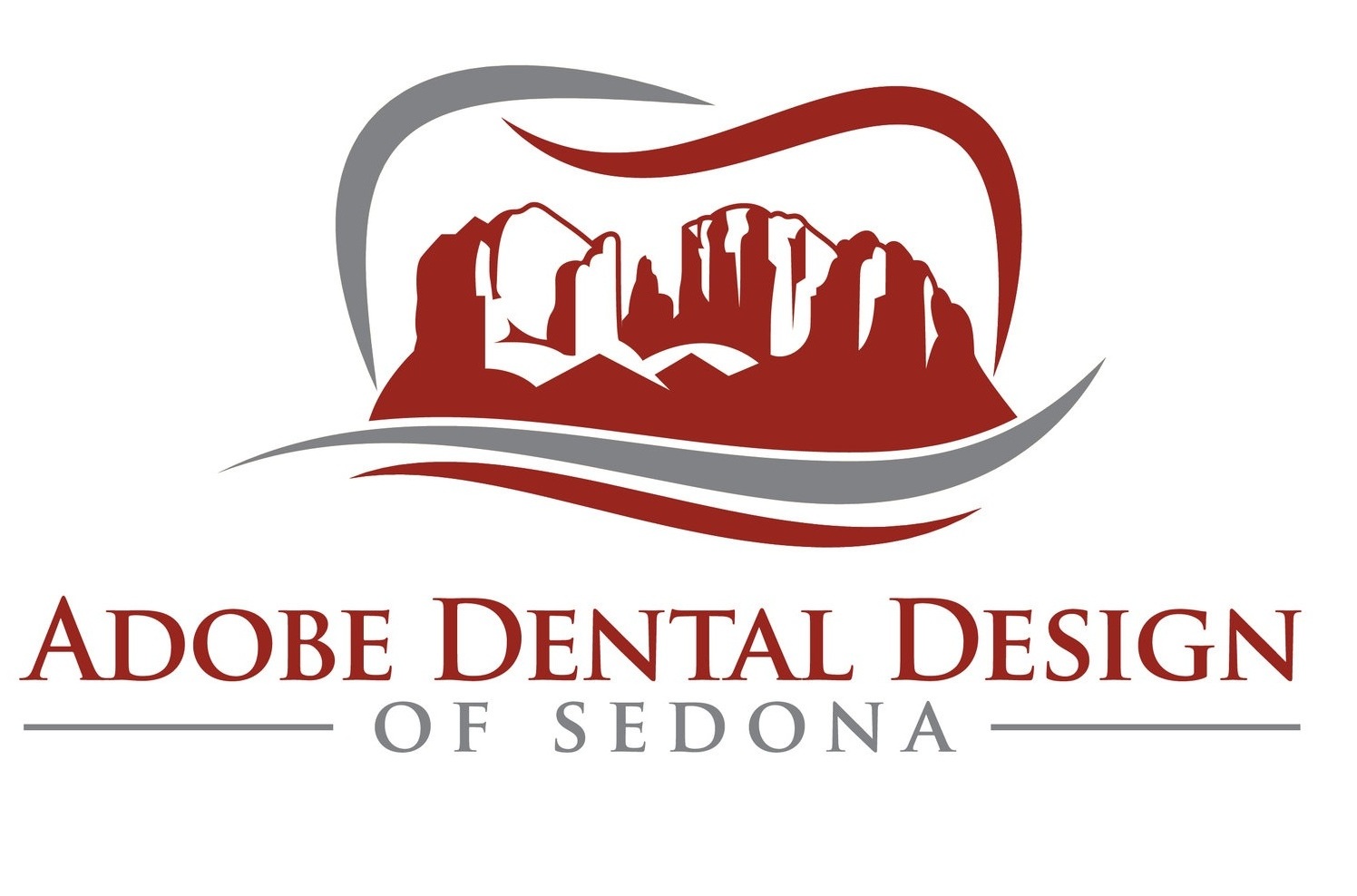Tips for Denture Patients
If you wear dentures or are considering them, having knowledge can be helpful. Dentures and the wearing of them can be a complex and detailed topic – especially when you take into account the uniqueness of each patient. To that end, here are a few things to know about dentures:
Wearing a lower denture is more difficult. Most complaints about wearing dentures have to do with lower dentures. This is because lower dentures are in a mobile environment – where the lips, cheeks and tongue try to dislodge the denture during eating or speaking. The lower ridge is much smaller than the upper ridge, and is prone to increasing shrinkage; there is also no large surface on which to create suction. These factors often cause a lower denture to move or become a food trap. One solution to help a lower denture fit better is to place implants to help support and lock in the denture.
Palates come in different shapes. The shape of each patient’s palate (the “roof” of the mouth) influences the suction and fit needed to wear an upper denture. A square or rounded palate shape is more suitable than a small flat, or V -shaped palate.
Gums can shrink. When your natural teeth are lost, what remains are the bony ridges where your teeth used to be. Your dentures rest on these ridges. It is normal for the ridges to shrink, known as atrophy or wasting of the bone. This process is normal, inevitable and varies with each patient. It is one of the main reasons some people have difficulty wearing dentures.
How long will they last? Your dentures should be examined at a minimum every year to check for proper fit and to make any necessary adjustments. Dentures are worn down by eating and cleaning, but the denture base will not adjust to your bony ridges. You should also have your mouth checked every year to ensure against damage and to monitor denture wear. Dentures can be replaced or relined if they become loose. A yearly check also allows Dr. Jonathan Held to examine for any oral cancers or changes in your mouth.
Fixatives. Not just for loose-fitting dentures, fixatives can give you extra confidence by providing a more comfortable fit, preventing bits of food from getting under your dentures and preventing you from worrying about slipping dentures.
We are here to answer your denture questions and address your concerns. Call to schedule a consultation appointment, today: (928-282-7871).

